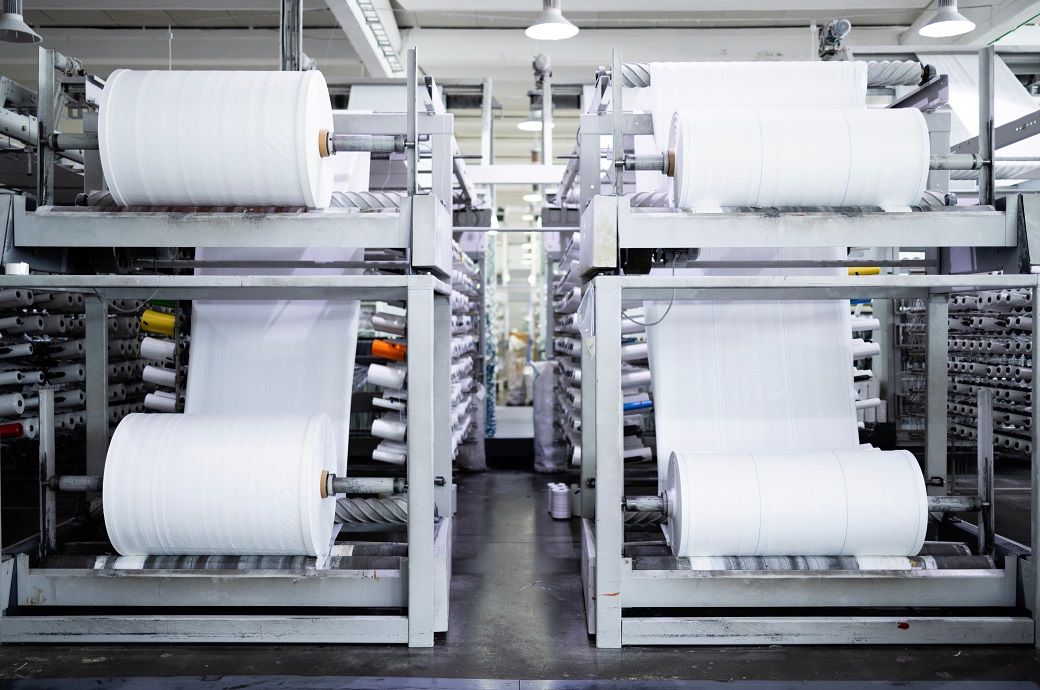
The index, produced by S&P Global Ratings and GEP, tracks demand conditions, shortages, transportation costs, inventories and backlogs based on a monthly survey of 27,000 businesses.
North American factories are responding to tariffs by buying less inputs and aggressively stockpiling.
April’s drop in buying across global manufacturers was the sharpest of 2025 to date—specifically in North America and to a lesser extent Asia—as manufacturers scale back in anticipation of weakening future demand as a direct result of tariffs.
Purchasing activity by Asian manufacturers is at its weakest since December 2023 as demand slumps across the region’s key exporting hubs, S&P Global Ratings said in a release.
Spare capacity across Asian supply chains increased significantly in April as factory slowdowns were evident in many of the region’s major markets, led by China, Taiwan and South Korea.
Europe’s industrial recession is finally coming to an end as spare capacity shrinks further. Supply chain capacity went underutilised to the smallest degree in ten months, reflecting growth in Germany and France, though risks remain if global trade conditions worsen.
The United Kingdom once again recorded significant manufacturing weakness, with supplier activity down at a rate that has rarely been surpassed in 20 years of data availability.
“The first blows of the tariff war have landed on global manufacturers. Stockpiling is accelerating at a concerning rate and the first signs of manufacturers anticipating slower demand and supply shortages have emerged,” said John Piatek, vice president, consulting, at GEP.
ALCHEMPro News Desk (DS)
Receive daily prices and market insights straight to your inbox. Subscribe to AlchemPro Weekly!